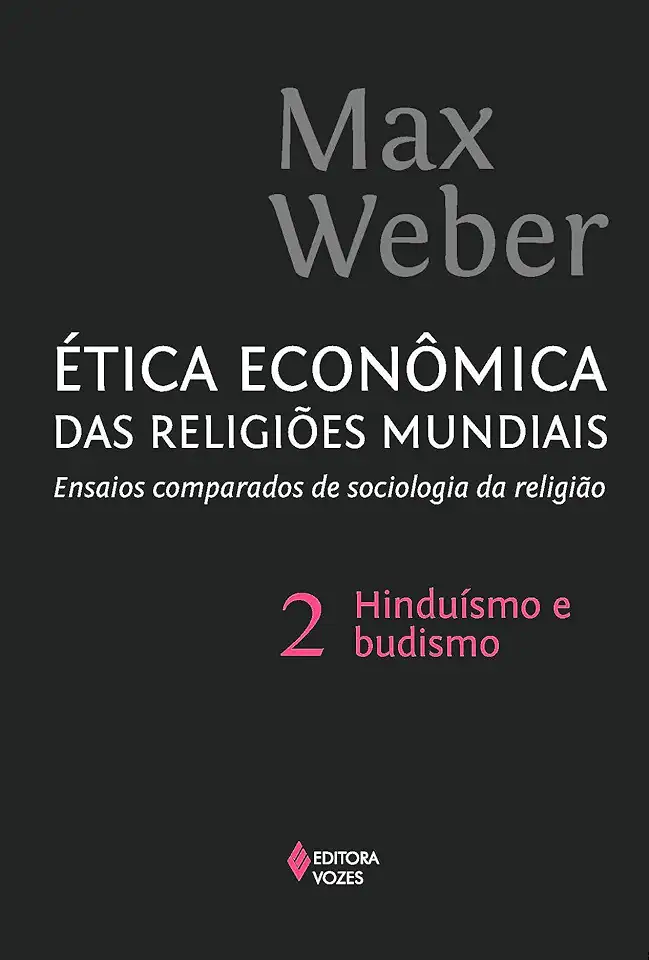
The Economic Ethics of World Religions - Max Weber
The Economic Ethics of World Religions: A Comparative Study by Max Weber
In his seminal work, "The Economic Ethics of World Religions," Max Weber delves into the profound relationship between religious beliefs and economic systems. Weber argues that certain religious ideas and values have played a significant role in shaping the development of capitalism and the modern economic order. Through a comparative analysis of major world religions, including Protestantism, Catholicism, Confucianism, Hinduism, and Buddhism, Weber presents a compelling thesis that has had a profound impact on the fields of sociology, economics, and religious studies.
Protestantism and the Spirit of Capitalism
Weber's most influential contribution lies in his examination of the Protestant ethic and its connection to the rise of capitalism. He argues that the Protestant emphasis on individual salvation, hard work, and worldly asceticism created a cultural environment conducive to the accumulation of wealth and the pursuit of economic success. Weber's analysis of the "Protestant work ethic" has become a cornerstone of sociological and economic thought, providing a framework for understanding the relationship between religious beliefs and economic behavior.
Catholicism and Economic Traditionalism
In contrast to Protestantism, Weber portrays Catholicism as a religion that emphasizes tradition, hierarchy, and social stability. He argues that Catholic teachings, such as the importance of charity and the rejection of usury, hindered the development of a capitalist economy. Weber's analysis highlights the tension between Catholic social ethics and the profit-oriented nature of capitalism, shedding light on the different economic trajectories of Catholic and Protestant societies.
Confucianism and the Harmony of Society
Turning to East Asia, Weber examines Confucianism and its influence on Chinese society. He argues that Confucian values, such as respect for authority, social harmony, and filial piety, created a cultural context that favored a bureaucratic and agrarian economy. Weber's analysis provides insights into the unique economic characteristics of Confucian societies and their divergence from the capitalist West.
Hinduism and the Caste System
Weber's exploration of Hinduism reveals the profound impact of the caste system on economic life in India. He argues that the rigid social stratification and the emphasis on ritual purity hindered economic development and the emergence of a capitalist economy. Weber's analysis highlights the complex interplay between religious beliefs, social structures, and economic outcomes.
Buddhism and the Renunciation of the World
In his examination of Buddhism, Weber focuses on the emphasis on renunciation and the pursuit of spiritual liberation. He argues that Buddhist teachings, such as the Four Noble Truths and the Noble Eightfold Path, discouraged worldly pursuits and economic accumulation. Weber's analysis provides a deeper understanding of the economic implications of Buddhist ethics and their impact on economic development in Buddhist societies.
Conclusion: The Significance of Religious Ideas
In "The Economic Ethics of World Religions," Max Weber presents a groundbreaking analysis of the relationship between religious beliefs and economic systems. Through his comparative study of major world religions, Weber demonstrates the profound influence of religious ideas and values on the development of capitalism and economic behavior. His work has left an indelible mark on the social sciences, inspiring generations of scholars to explore the intricate connections between religion and economy.
Weber's book is a must-read for anyone interested in understanding the interplay between religion and society. Its comprehensive analysis, insightful arguments, and wealth of historical evidence make it an essential resource for sociologists, economists, historians, and anyone seeking a deeper understanding of the forces that shape human societies.